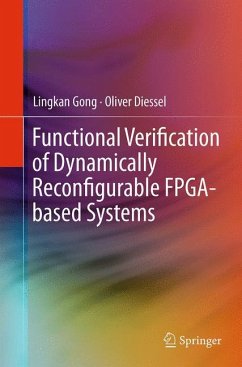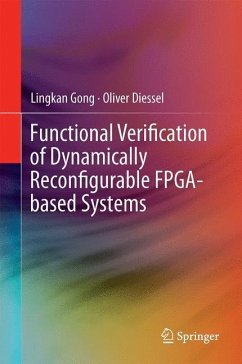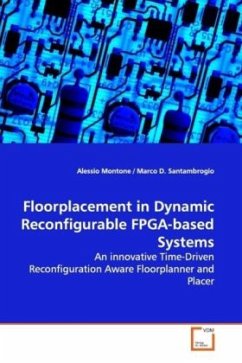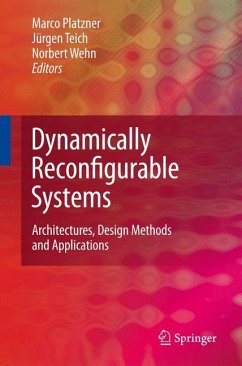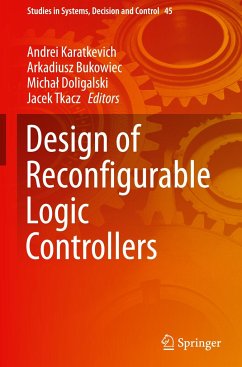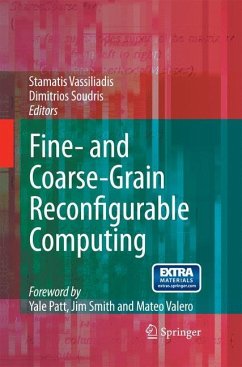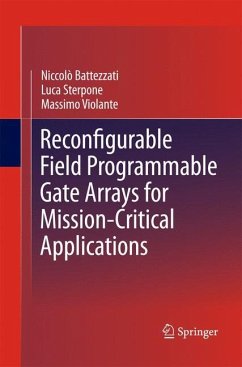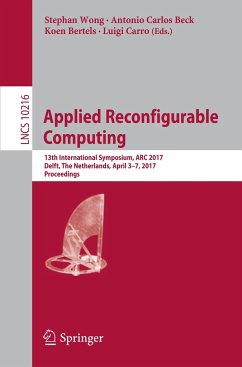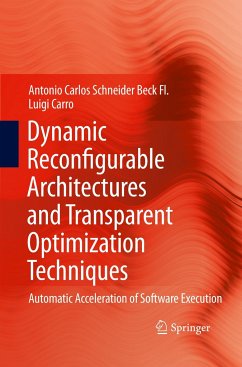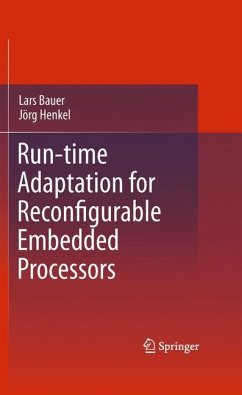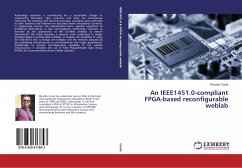
An IEEE1451.0-compliant FPGA-based reconfigurable weblab
Versandkostenfrei!
Versandfertig in 6-10 Tagen
58,99 €
inkl. MwSt.

PAYBACK Punkte
29 °P sammeln!
Technology evolution is contributing for a sustainable change in engineering education. New resources and tools are continuously improving the teaching and learning processes, providing more pathways to both students and teachers for accessing better educational contents. In engineering courses, the experimental work, typically supported by traditional laboratories, is also encompassing technology evolution as denoted by the appearance of the so-called weblabs or remote laboratories. This thesis describes a research work conducted to design standard based reconfigurable weblabs. It analyses th...
Technology evolution is contributing for a sustainable change in engineering education. New resources and tools are continuously improving the teaching and learning processes, providing more pathways to both students and teachers for accessing better educational contents. In engineering courses, the experimental work, typically supported by traditional laboratories, is also encompassing technology evolution as denoted by the appearance of the so-called weblabs or remote laboratories. This thesis describes a research work conducted to design standard based reconfigurable weblabs. It analyses the possibility of using the IEEE1451.0 Std. to design the weblabs and the modules adopted by the underlying infrastructures to control/monitor the target experiments. Additionally, to provide reconfiguration capability to the weblab infrastructure, it considers the use of Field Programmable Gate Arrays (FPGAs) for accommodating those weblab modules.



